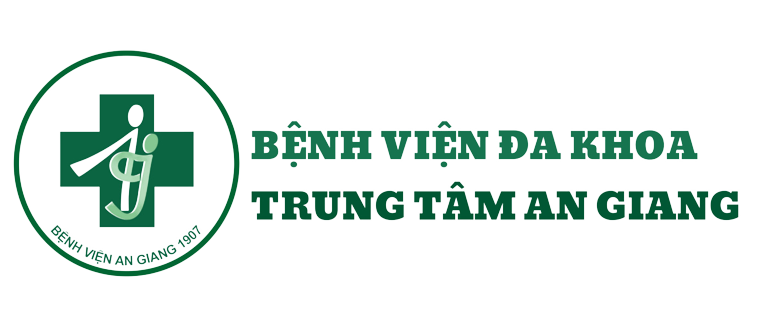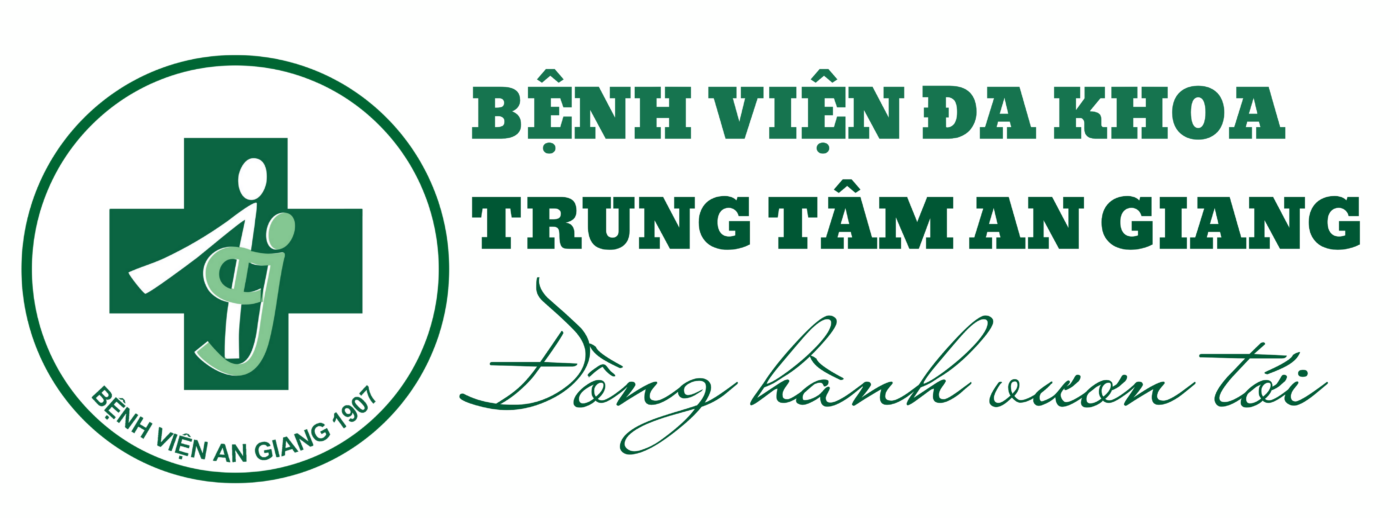J Pediatr. 2001 Jul;139(1):93-9.
children: a meta-analysis of 1279 patients.
Tran D, Muchant DG, Aronoff SC.
Department of Pediatrics, West Virginia University School of Medicine, Morgantown, West Virginia, USA.
OBJECTIVE: The objective was to compare the efficacies of single-dose, short-course (4 days or less), and standard course (5 days or greater) antimicrobial therapy for uncomplicated childhood cystitis.
METHODS: Prospective, randomized, controlled trials comparing 4 days or less of therapy (short courses) with 5 days or more of therapy (conventional therapy) were included if all of the subjects were <18 years of age, the initial infection was documented by urine culture, at least 1 subsequent culture was obtained between 3 and 30 days of enrollment, and some attempt was made to separate upper tract from lower tract infection. Composite differences among treatment groups were compared with a fixed or random effects model, depending on the test for heterogeneity.
RESULTS: Of the 517 citations identified by literature search, 37 were selected for detailed review, and 22 were included in the final meta-analysis. The overall difference in cure rates between short and conventional courses of therapy was significant (6.38%; 95% CI: 1.88% to 10.89%), favoring the conventional course. Similar results were obtained when only studies comparing the same agents in the short and conventional courses were included (7.92%; 95% CI: 2.09% to 13.8%). Short-course amoxicillin was inferior to conventional length course (difference in cure rate, 13%; 95% CI: 4% to 24%); no difference was found between short-course and conventional length courses of trimethoprim-sulfamethoxazole (difference in cure rate, 6.24%; 95% CI = -3.74% to 16.2%).
CONCLUSIONS: We conclude that single-dose amoxicillin is inadequate therapy for uncomplicated cystitis of childhood. Three days of trimethoprim-sulfamethoxazole therapy appears to be as effective as conventional length courses of the drug.





